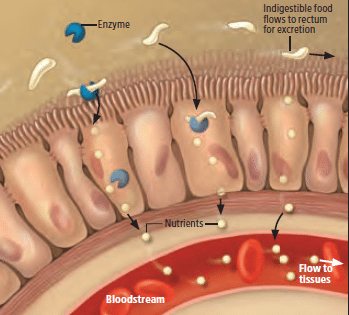
They also experience varying degrees of abdominal pain, that is sometimes relieved with a bowel movement. Depending on the severity of the illness, people report anywhere from 4 to 10 episodes per day of varying types of bowel movements, and sometimes more. The symptoms that result from this process are abdominal cramping, bloody diarrhea with mucus, and watery diarrhea. This response causes tissue damage, ulcers, or erosions and abscesses. The cause of the illness is not known, but when a trigger-either food or environmental-causes the immune system to react, it treats the bowel like a foreign intruder and initiates an inflammatory response. UC only affects the lining of the colon and rectum, or the large bowel. Most people with IBD are diagnosed between the ages of 10 and 40, and women and men are affected equally. It is believed that there is a hereditary tendency to develop either UC or CD however, only 15% of all people with known disease have had family members who also had the illness. And while some of their symptoms and many of their treatments are similar, they affect different parts of the intestines. While these illnesses have their own distinct characteristics, both are known to rotate between periods of acute symptoms, and periods of remission. The two most common forms of IBD are ulcerative colitis (UC) and Crohn’s disease (CD). IBD refers to a group of intestinal illnesses that are usually caused by a person’s immune system. So what exactly is the difference between IBS and IBD? Inflammatory Bowel Disease (IBD) But while the symptoms may be similar, the illnesses are very different in terms of what causes them, and how they are treated. Irritable bowel syndrome (IBS) and inflammatory bowel disease (IBD) can also cause these types of problems. However, if you are experiencing these kinds of symptoms frequently, it is probably time to go discuss it with a doctor. It might be that you think that you have eaten something bad, or that you have a food intolerance. Infusion Services for GI & Liver Conditionsĭo you have frequent abdominal pain, bloating, diarrhea, or constipation? Maybe you feel good some of the time, but other times you are just miserable.

Advanced Endoscopic Procedures in Hospital.Endoscopic Procedures at Austin Endoscopy Centers.Austin Gastro Infusion Center (Bee Cave).Austin Gastro Infusion Center (Shoal Creek).Carina Rew, RN, BSN, MS, MSN, AG-CNS, BC.


 0 kommentar(er)
0 kommentar(er)
